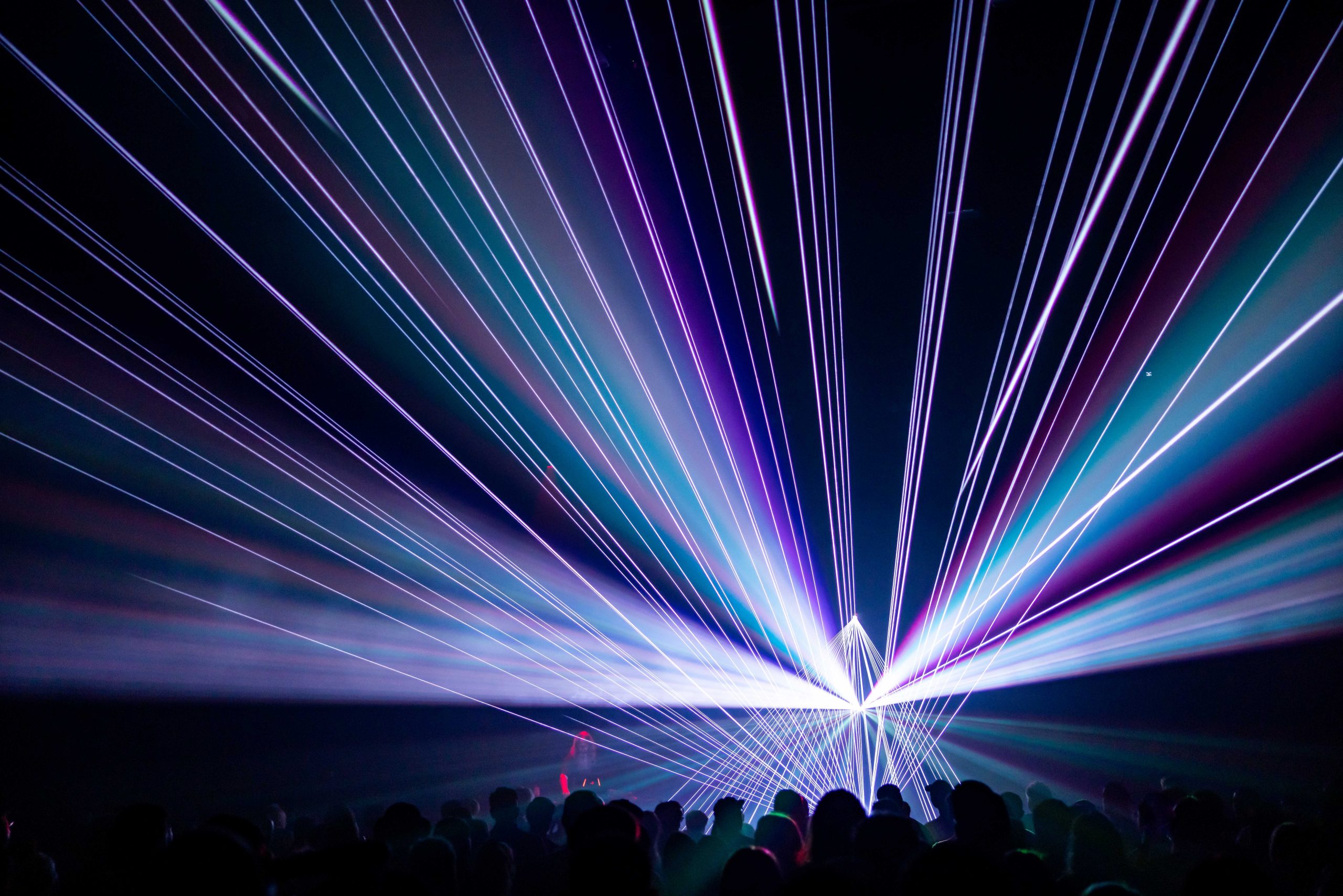The stage is set up, the lights are dimmed and the atmosphere is full of anticipation. In this article, we want to take you on a brief tour through one of the centerpieces of the Ars Electronica Festival: the concerts and performances. While the musical pieces presented show diverse aspects and new approaches to musical performance, they meet with the idea of captivating the audience through innovative, transdisciplinary and interactive elements, as well as using music to address the festival’s burning questions about the future and to already visualize the first steps toward that future.
The festival kicks off on Wednesday with the Opening of Ars Electronica and IDSA FOUNDING LAB. Those who come to POSTCITY, Train Hall, between 21:00 and 24:00 can experience performances of a different kind. What awaits visitors is not a classical concert, but rather a combination of music, innovative ideas, technology and visual elements: OSZILOT, Prix Honorary Mention 2023, by the Swiss artists Luc Gut and Rolf Hellat is an immersive performance in which everyday objects, transformed into oscillating sound sculptures, create dynamic rhythms and abstract music. This creates a unique live electronic experience by combining analog and digital elements, and later an interactive installation that visitors can try out as well. Kyoka’s New Music Syntax, which explores the interaction between sound and human beings through music theory and neuroscience, and Ali Mahmut Demirel’s Rockforms, an exploration of the dynamic interface between sea and land are fused into one performance in Syntax-2. Triptych is the latest creation of Australian AV artist and composer Robin Fox, Isao Tomita Prize winner, and combines electronic music and audiovisual mechanical synesthesia using custom-built hardware that harmonizes sound and image. Emerging from a year-long series of large-scale outdoor installations, the concert format uses three synchronized RGB laser projectors to transform venues into vibrant live electric environments. FE:MI:NA by Riccardo Giovinetto combines Renaissance madrigals and electronic music, transforming paintings into a dynamic visual narrative.

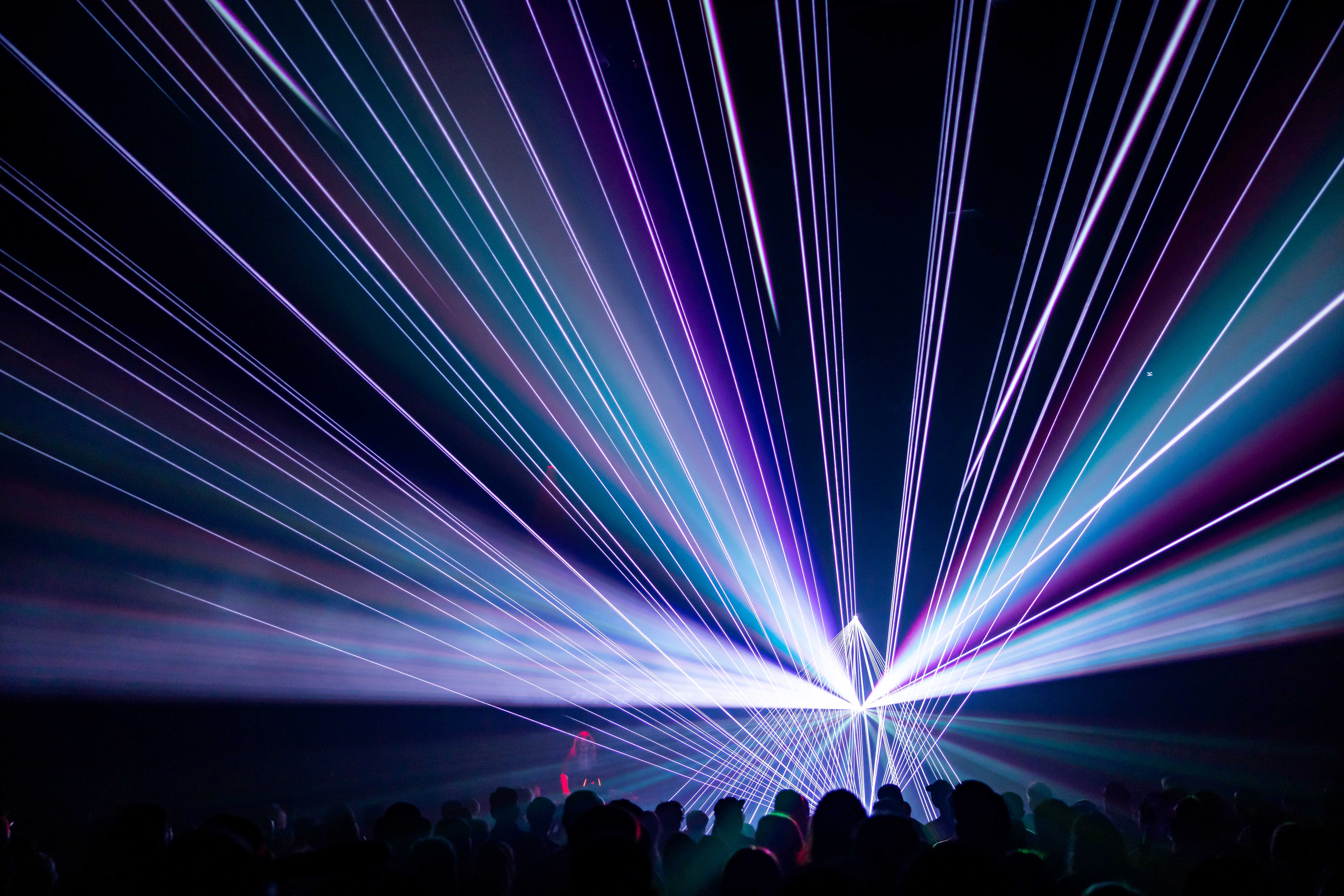
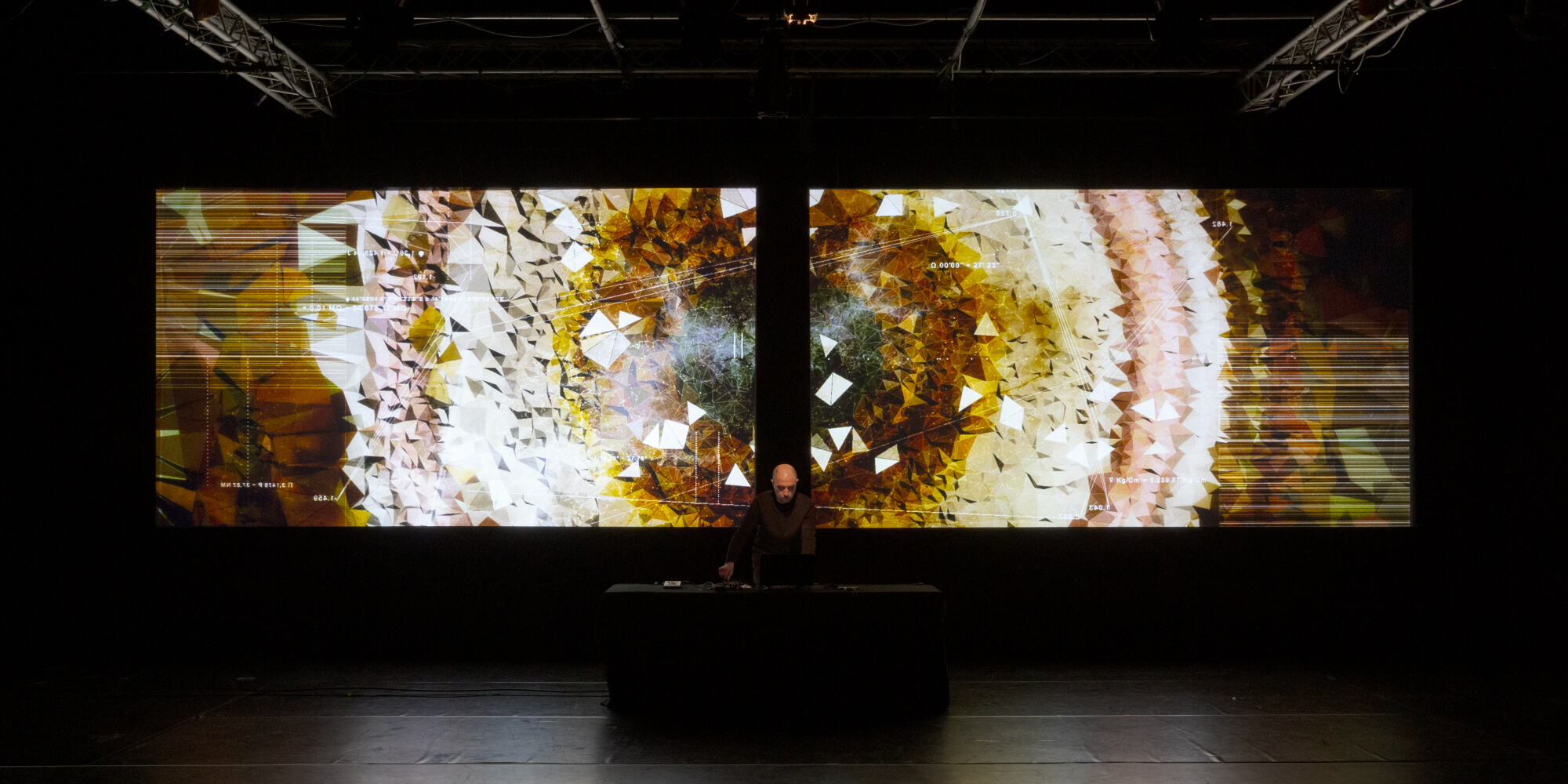
More stunning visual impressions can be experienced on Thursday evenings in Deep Space. Deep Stage opens its doors from 20:00 to 22:30 and presents an evening program full of inspiring audiovisual projects from all over the world.
In the first part, Fragments: The Shape of Things by the artist collective ALMA reflects on how data-processing AI systems anonymize and aestheticize both global conflicts and everyday relationships and Visonary Music – With Instrument Reactive Visualizations by Gerald Peter attempts a fusion of sound and light, and sound and image, while engaging with the evolving landscape of multimedia art forms. Interactions between two people are visualized in Environment by Carlotta Borcherding. The movements during the interaction and the connection of the users are visualized by a simple pattern of lines and displayed on the walls.
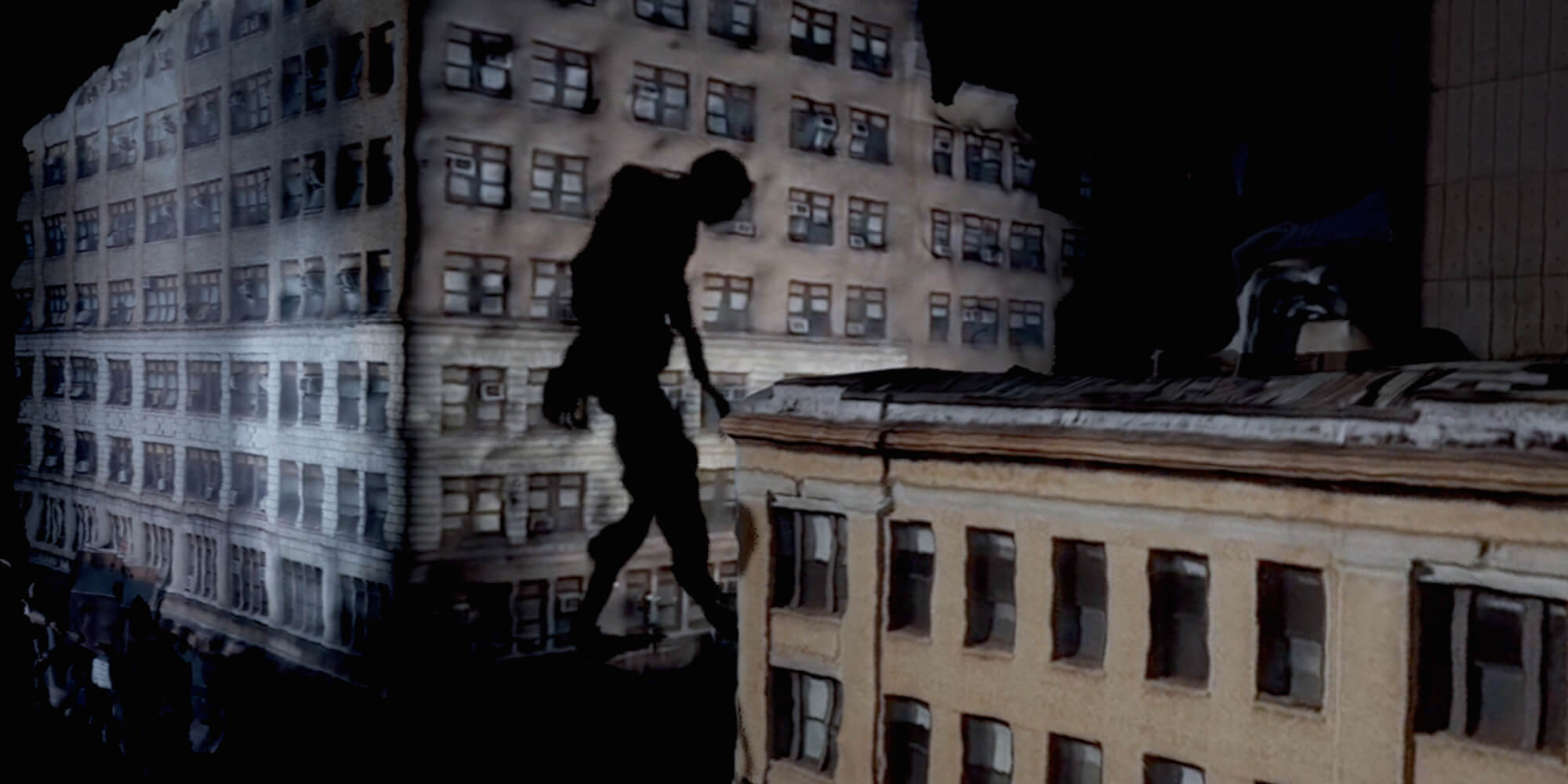
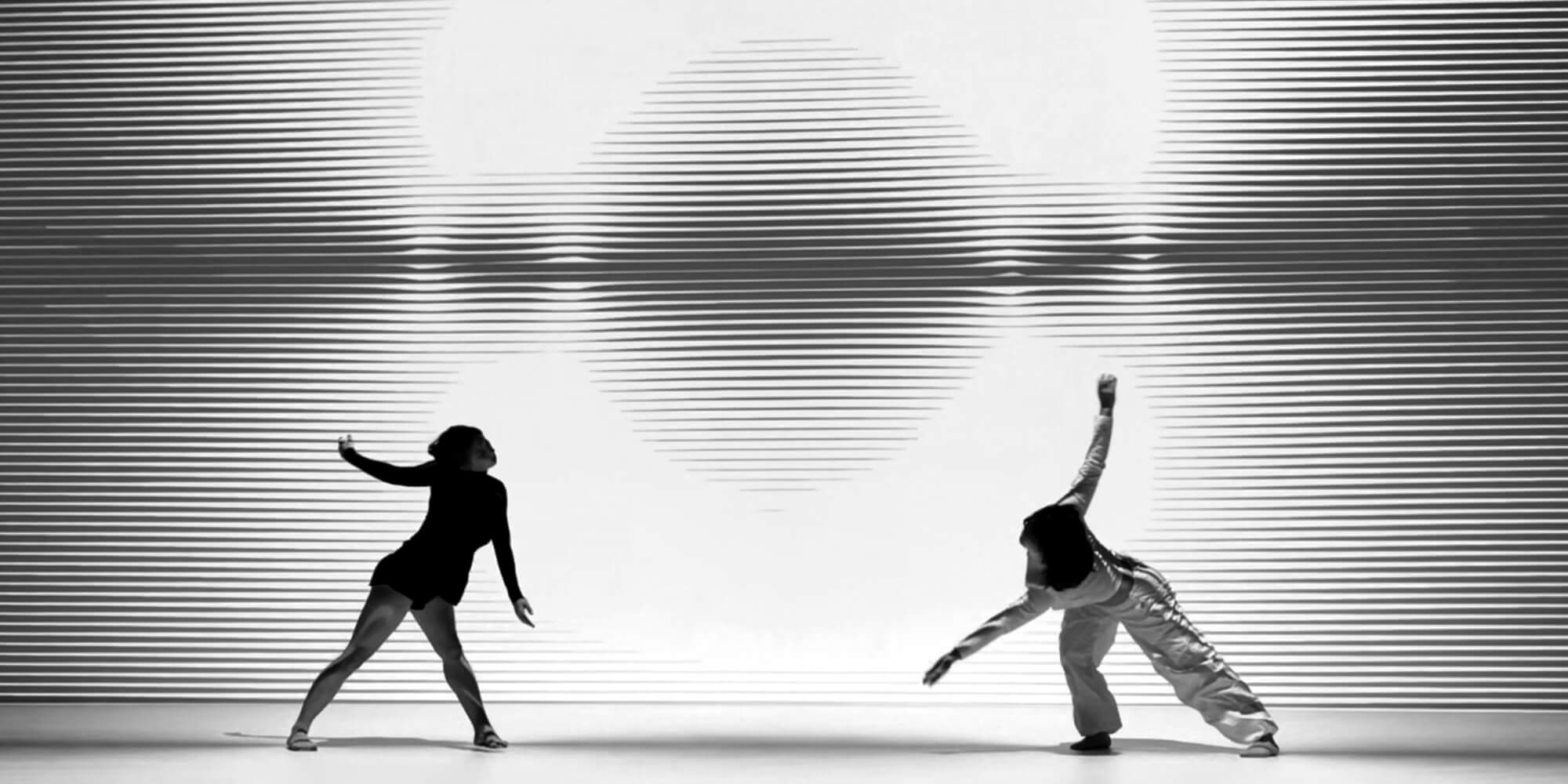
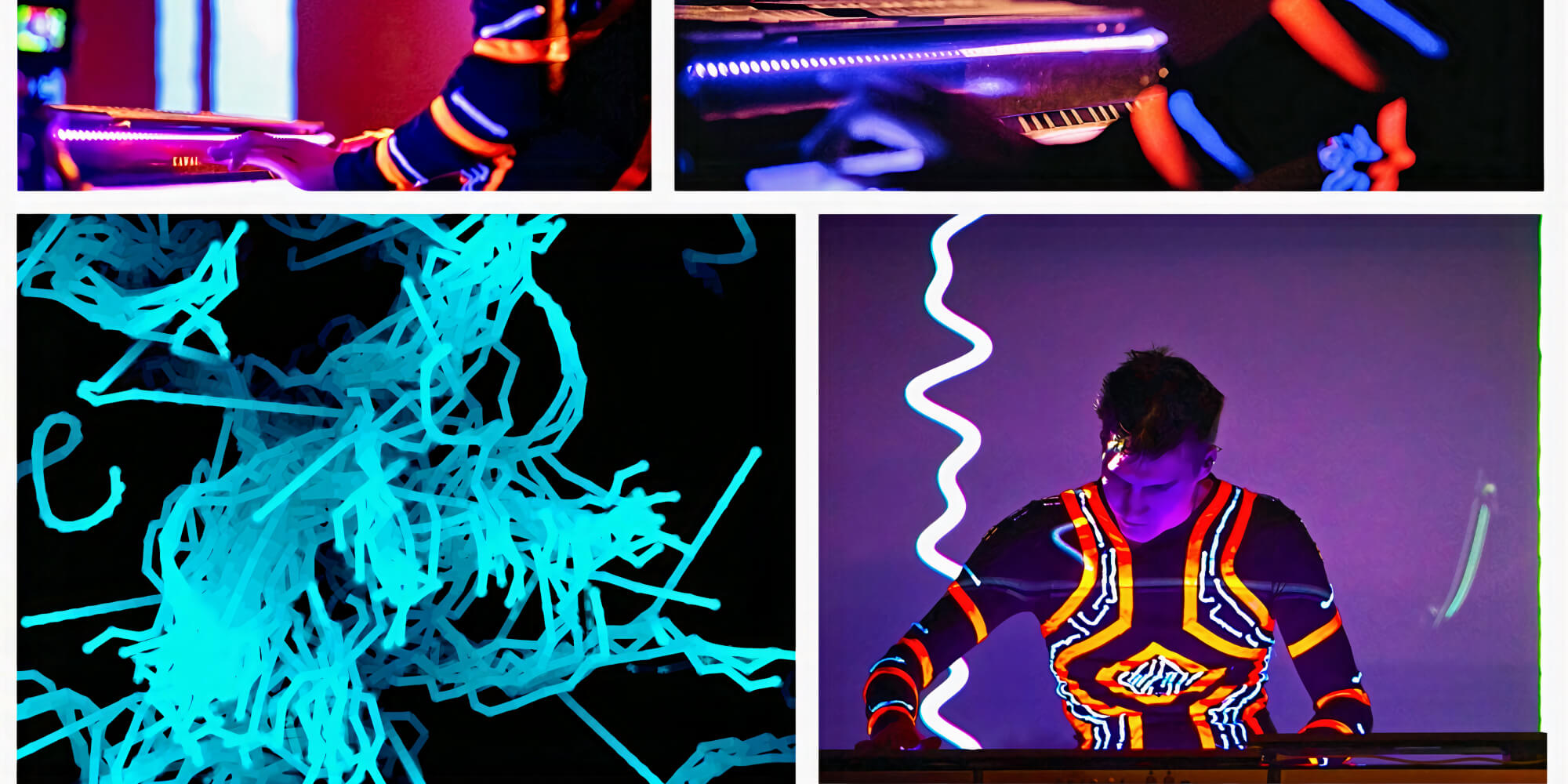
In the second part of Deep Stage, starting at 21:30, further projects will be presented in which creativity and technology merge seamlessly. Homodyne explores the mysteries of quantum physics and philosophy. The ongoing generative sculpture project AI Flowers by Yuma Yanagisawa uses AI-generated imagery and motion simulations to explore vibrant colors and fluid movements inspired by nature. Finally, with Striate Cortex by Razieh Kooshki and Vahid Qaderi, visitors can immerse themselves in a world of immersive stereoscopic visualizations combined with experimental electronic music.


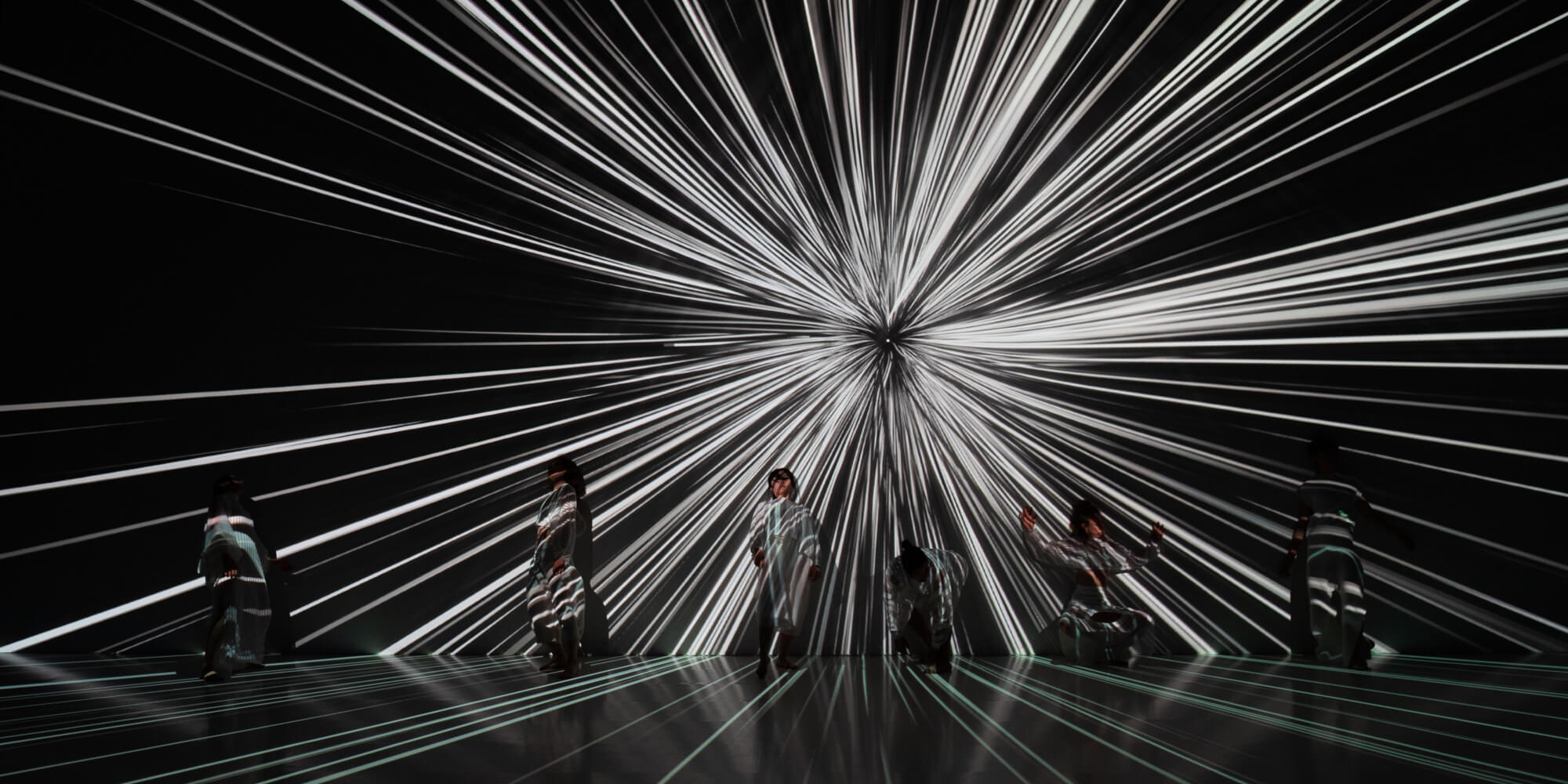
The next program point of our tour is the Big Concert Night on Friday, 08.09.2023, from 20:00-21:30. The Train Hall in POSTCITY awaits visitors with the Bruckner Orchestra Linz and conductor Markus Poschner, who will perform four scherzos and four dance spaces from symphonies by the traditional local avant-gardist Anton Bruckner, who celebrated his 199th birthday on September 4. This sound spectacle is complemented with the innovative musical piece SILVA, a work for processed double bass built on the idea of a downward growing forest, living its own secret life of underground raves and meditative cohesiveness, of bassist and composer Bára Gísladóttir and the rhythmic verses of Austrian rapper Def Ill.
“Expect the unheard-of, the truth belongs to us listeners!”
Norbert Trawöger, Artistic Director, Bruckner Orchestra
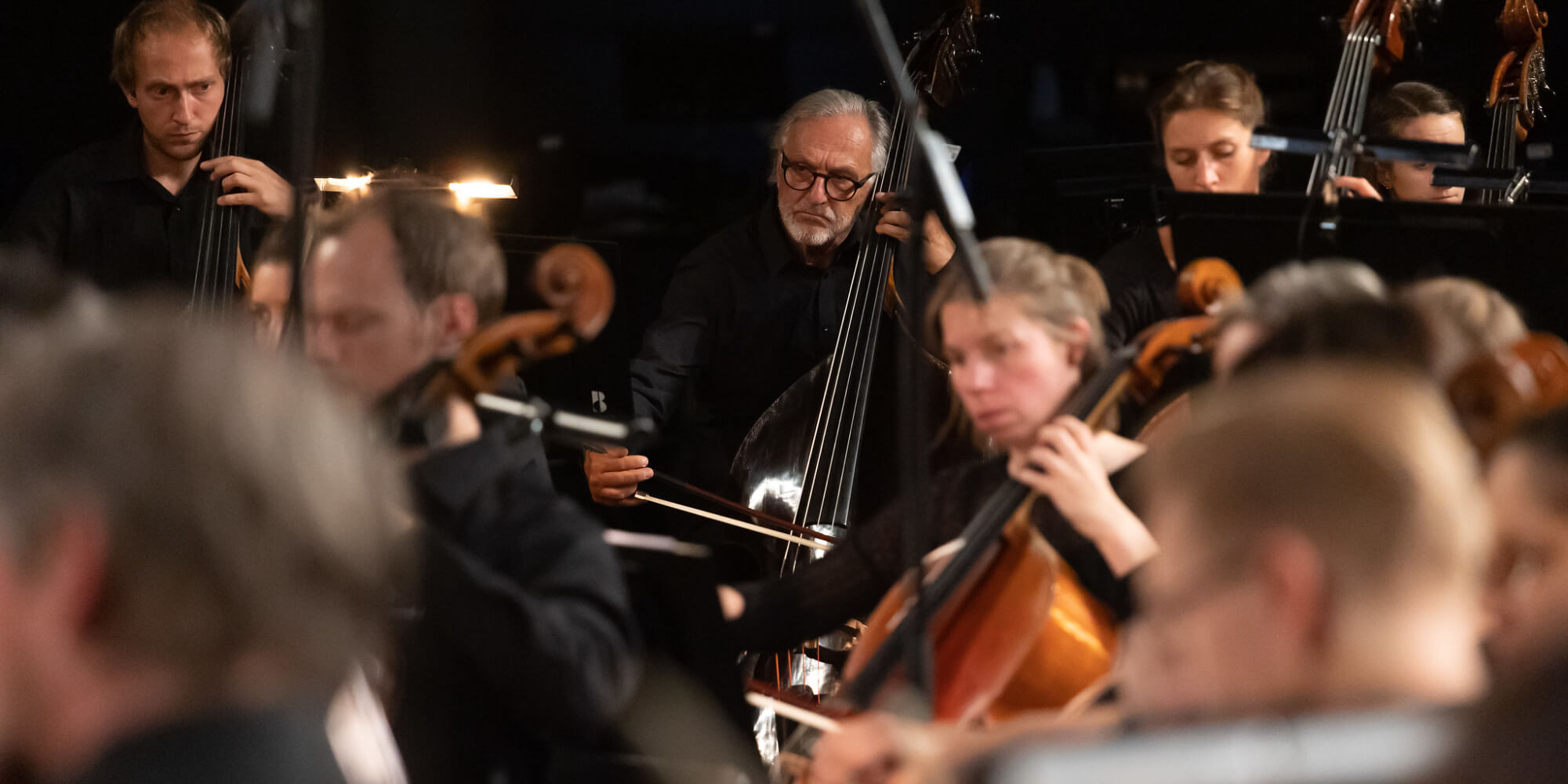


This event will be followed by the Nightline, which will finally be back with the return to POSTCITY. It invites to experience modern musical performances by Siska, Pro Helvetia-supported artists Jessiquoi, Noémi Bücki and Bonaventure, Myriam Bleau, Mika Bankomat and Kenji Araki until 4:00 the following day. The performances allow visitors to experience versatile and new approaches to music and performance by blending different genres, transporting them to other worlds through storytelling and poetry, using modern technologies to convey visions of the future, and deconstructing contemporary views and musical elements. For example Unsculpt by Myriam Bleau will depict scenes and constructions devoid of human presence using AI, thus questioning what will will be left of our agency once knowledge and craft are modelled outside of the human body. As for the projects of Swiss artists – you can read more about them in this blog.
Tickets for the Big Concert Night as well as the Nightline can be acquired via the Festivalpass or from 06.09.2023 onsite. Find out more on our ticketpage.
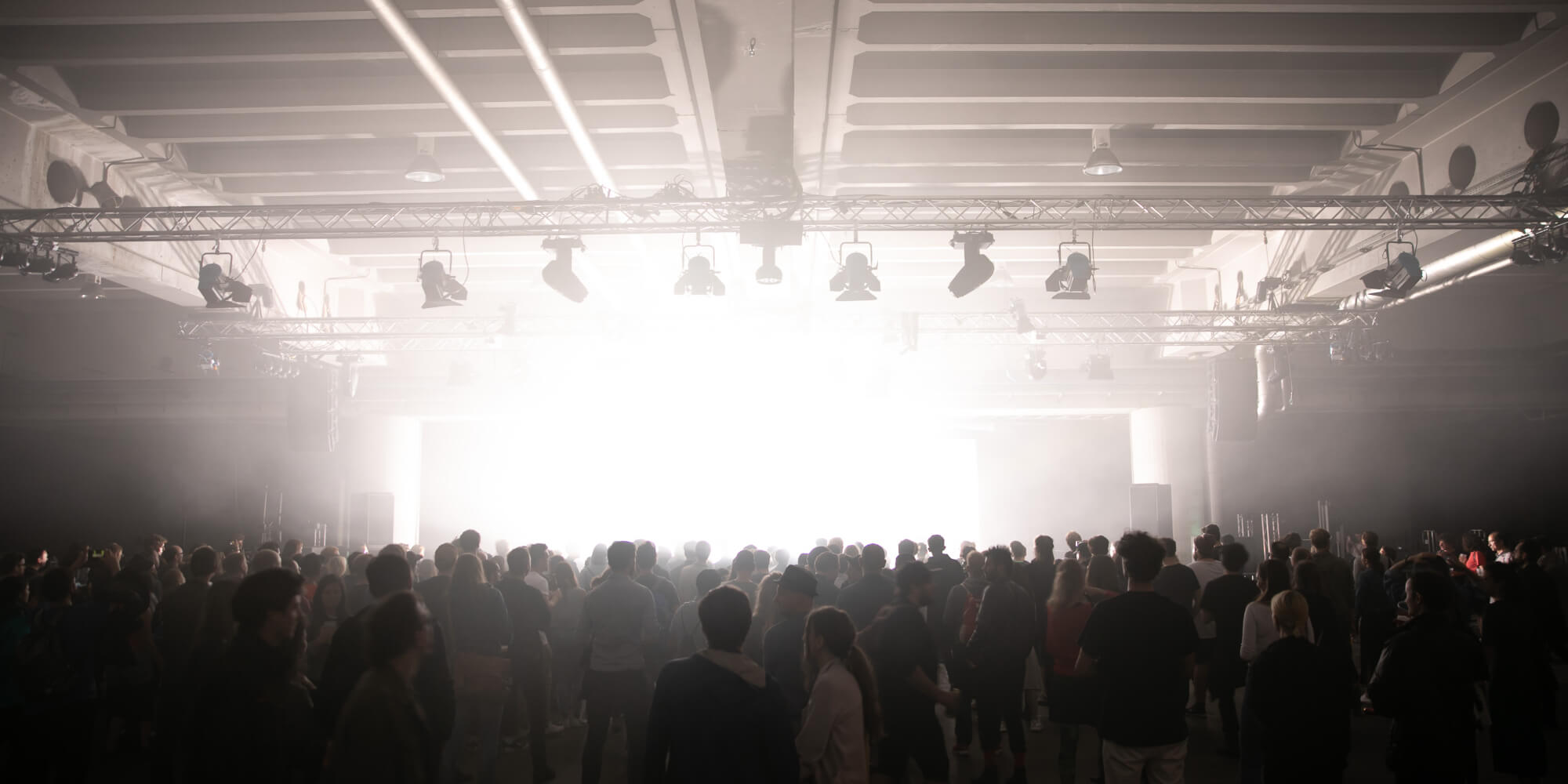
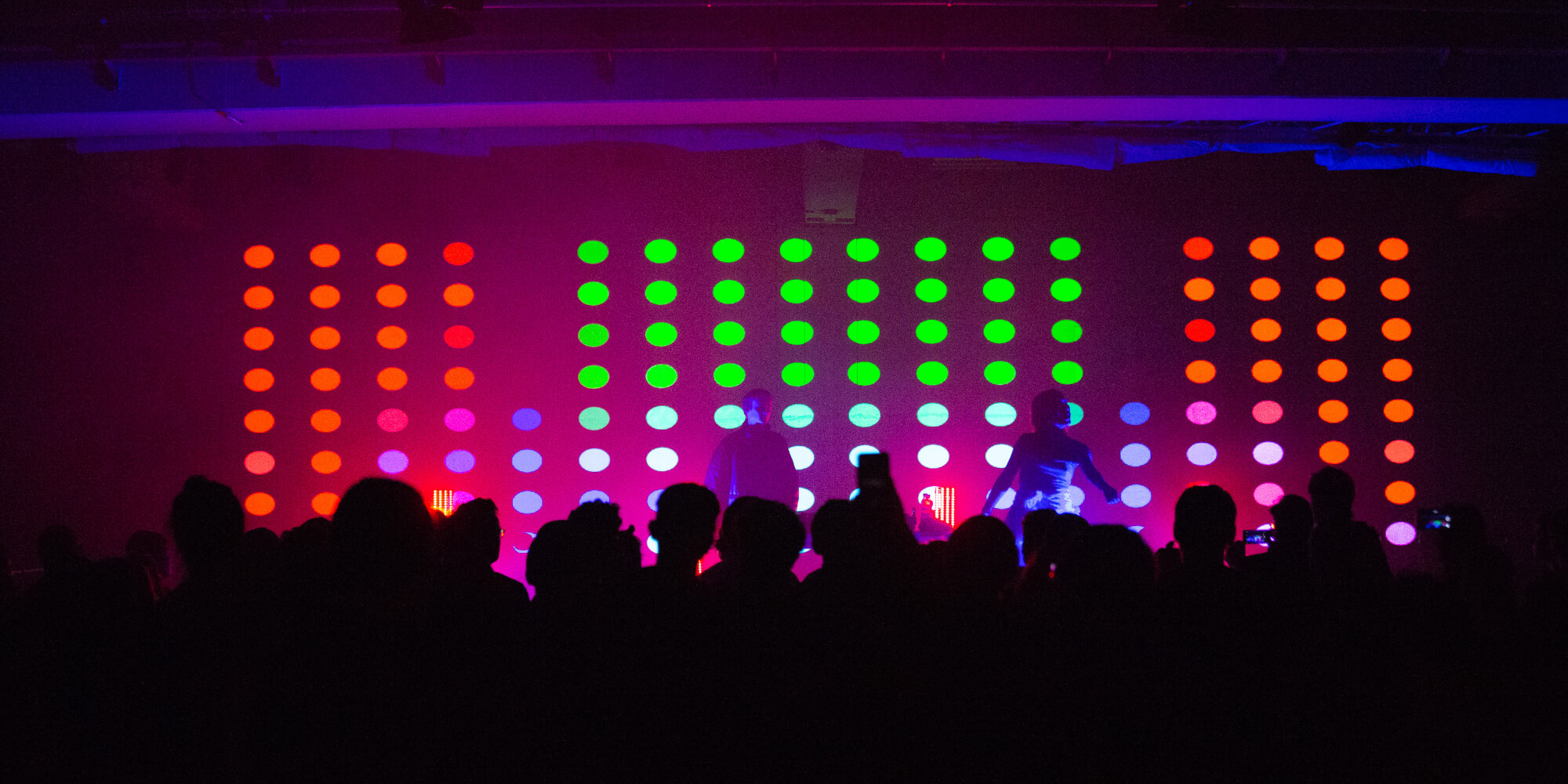
On Saturday, visitors will be spoiled for choice. On the one hand, as part of Sonic Saturday, whose focus this year, in keeping with the festival theme, is how auditory arts explore and question the diverse concepts of truth, the Bruckner University invites you to dive deep into freshly produced immersive electronic music using the 20.4 system of the Sonic Lab with the Medium Sonorum concert at 20:00. Meanwhile, Deep Space 8K will host the Futurelab Night Performances. There, audiences will get an exclusive look at the Ars Electronica Futurelab’s latest artistic projects and experience them in an immersive environment interplaying with visualized sound, sonified biodata and experimental live visualizations. In addition, Klangwolke will once again be taking place in Linz.
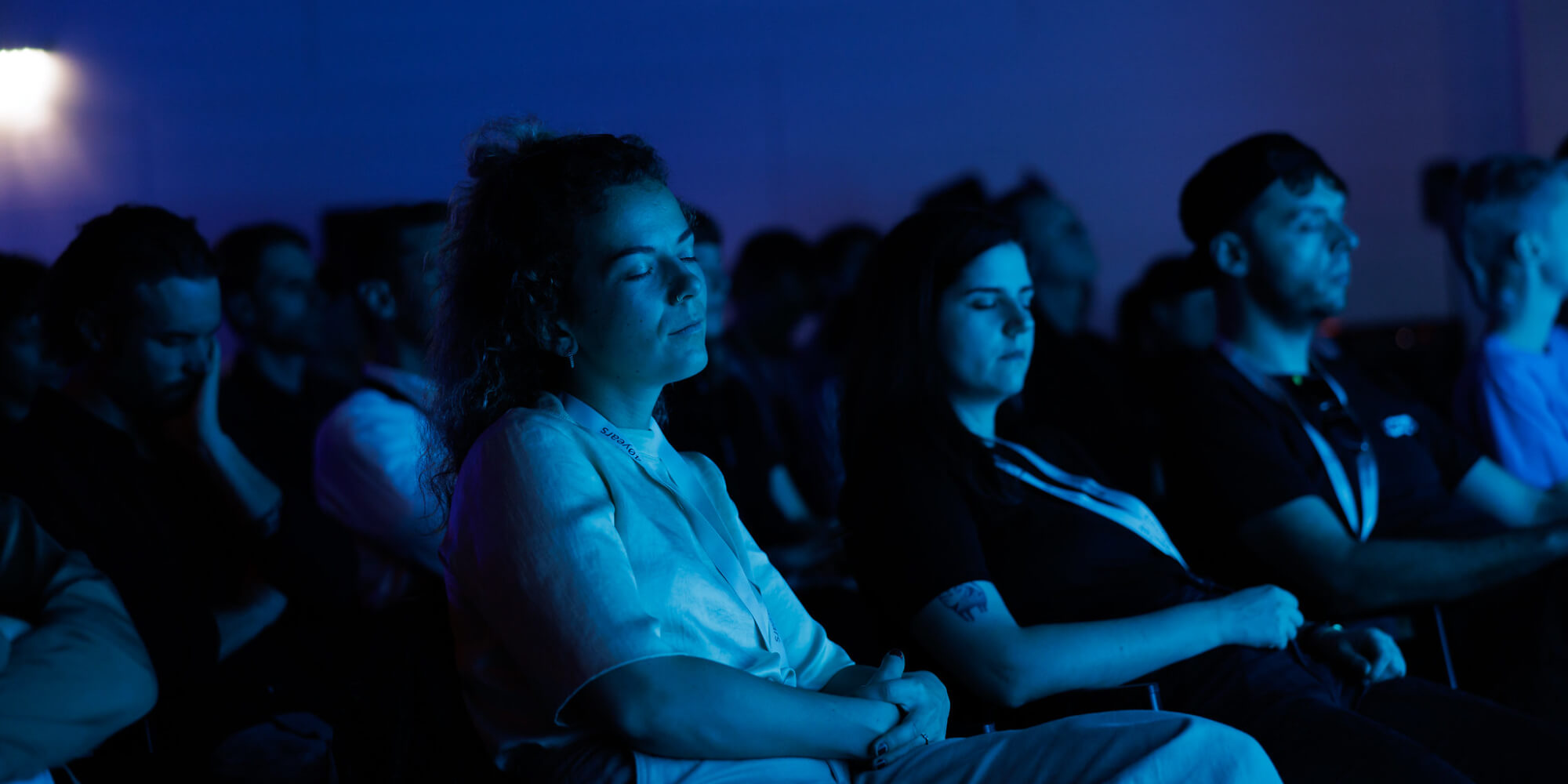
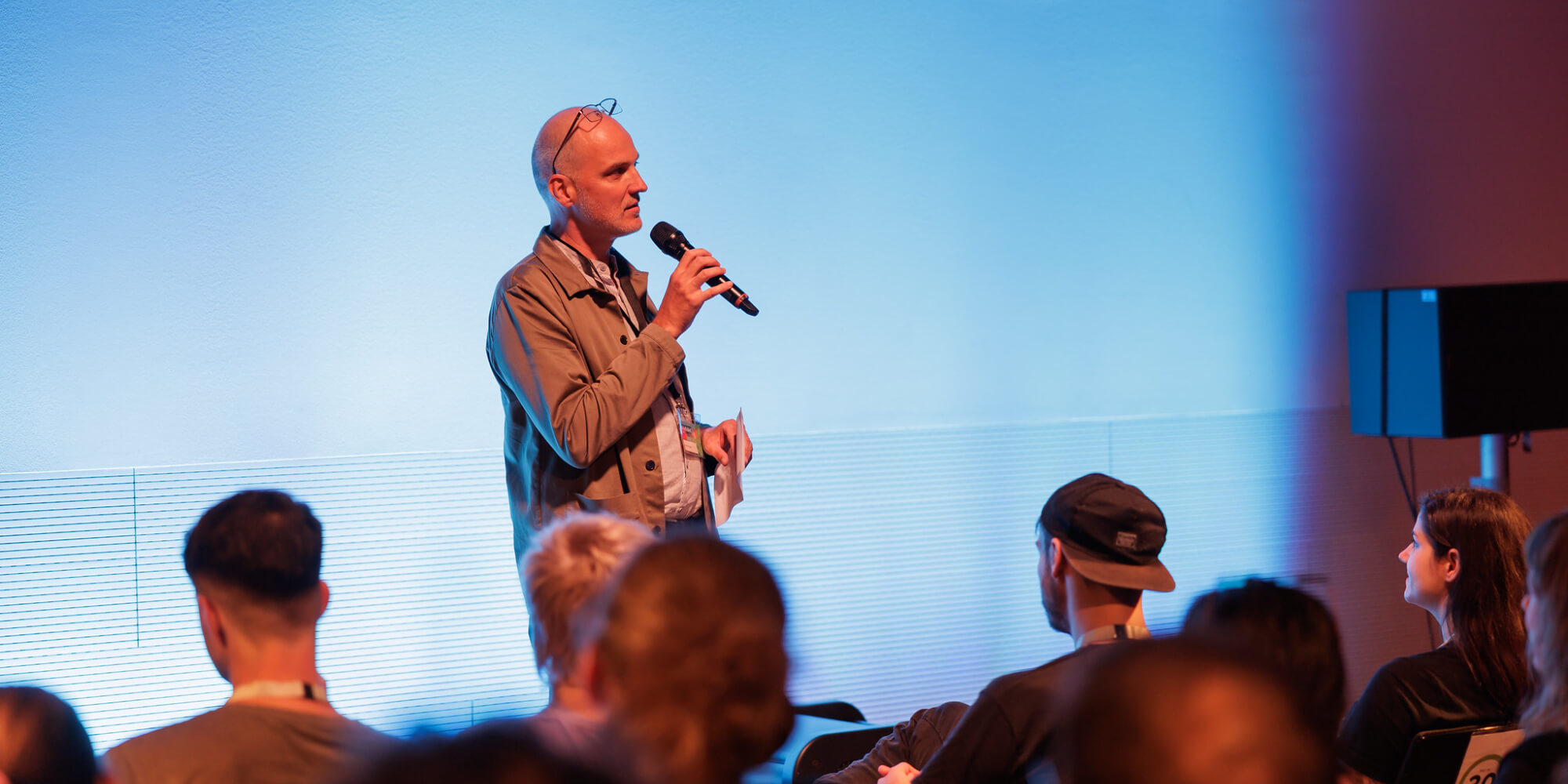
As in previous years, the musical journey of the festival will end with Pianographique, a performance by Maki Namekawa, on Sunday from 14:00-15:00 at POSTCITY, Train Hall. The performance of the Köln Concert, a concert improvised by Keith Jarrett in 1975 that became one of the best-selling jazz records, by Maki Namekawa on the grand piano will be accompanied by visualizations of Cori O’Lan. This combination enhances the virtuosity of Maki Namekawa’s unique playing style and draws visitors completely under the spell of the music.
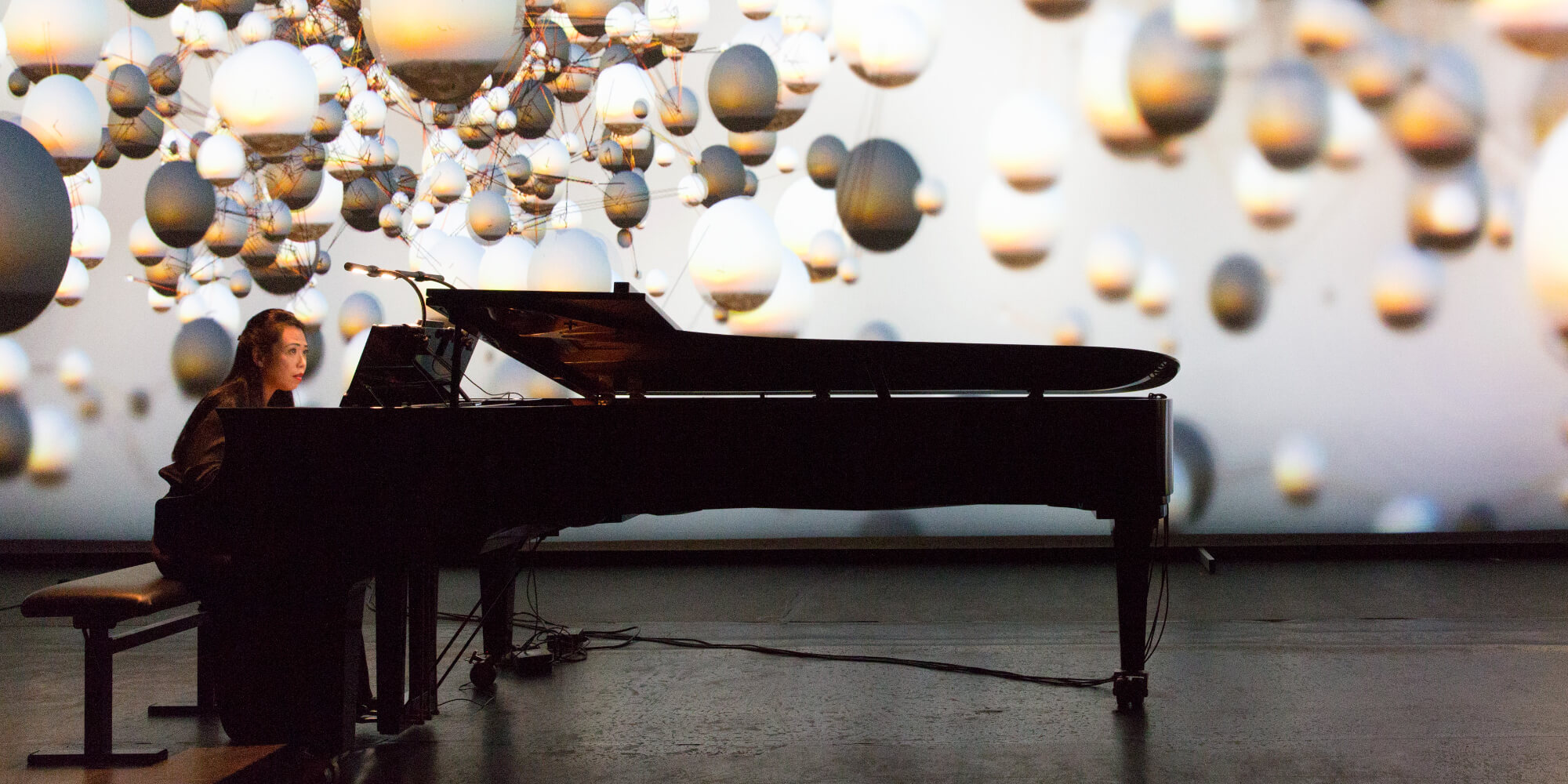
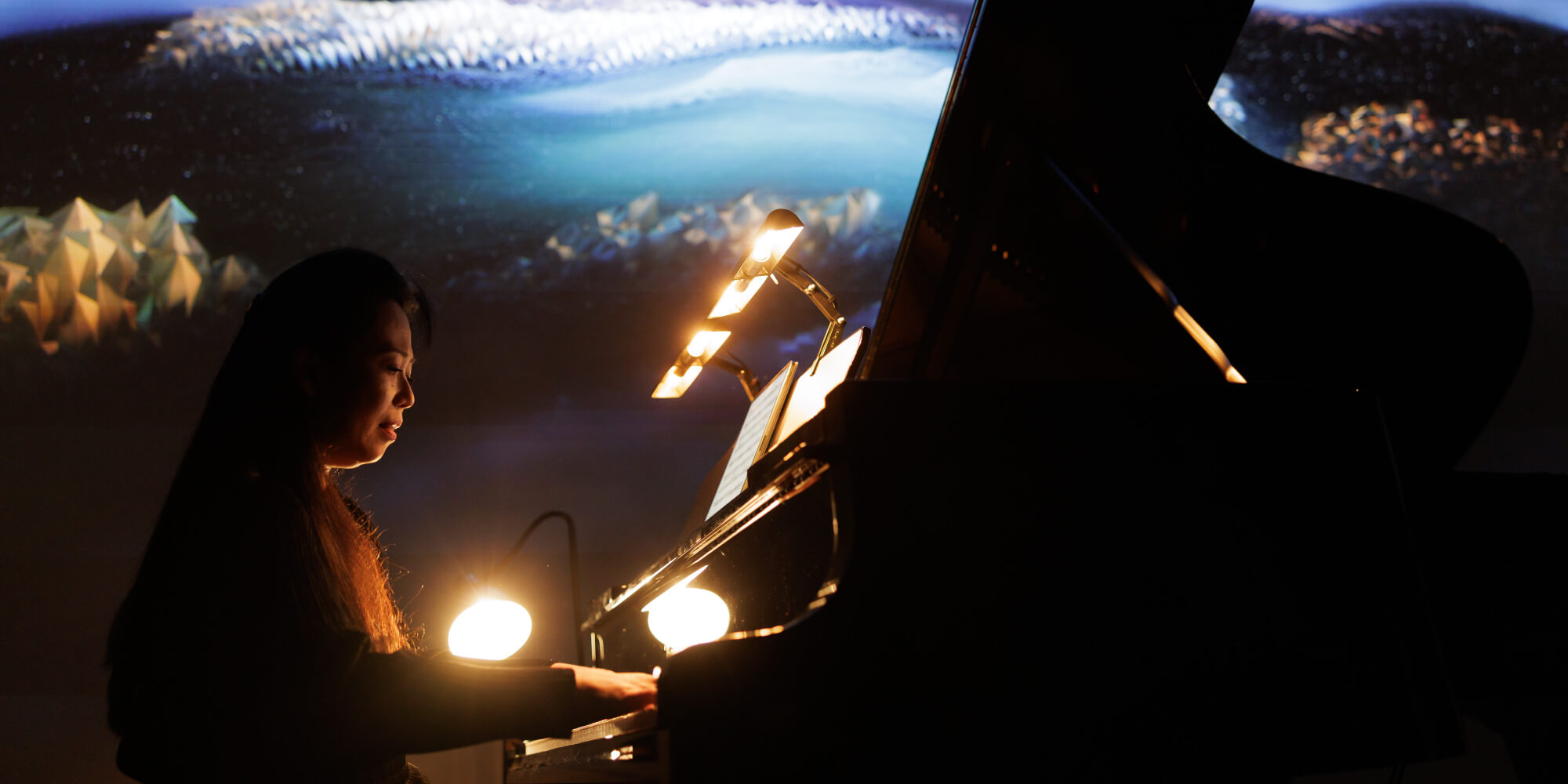
Still not sure on which day you will come to the festival? Throughout the festival, Cod.Act’s performance Uperqt will take place in POSTCITY’s Train Hall. Here, a piece of music is articulated and composed through the staging of a fight between two large metallic creatures. The constant interaction between the performance of the fighters and audible reactions of the audience lead to a characteristic sequence of tensions and relaxations, from which the rhythm and dramaturgy of a show emerges.
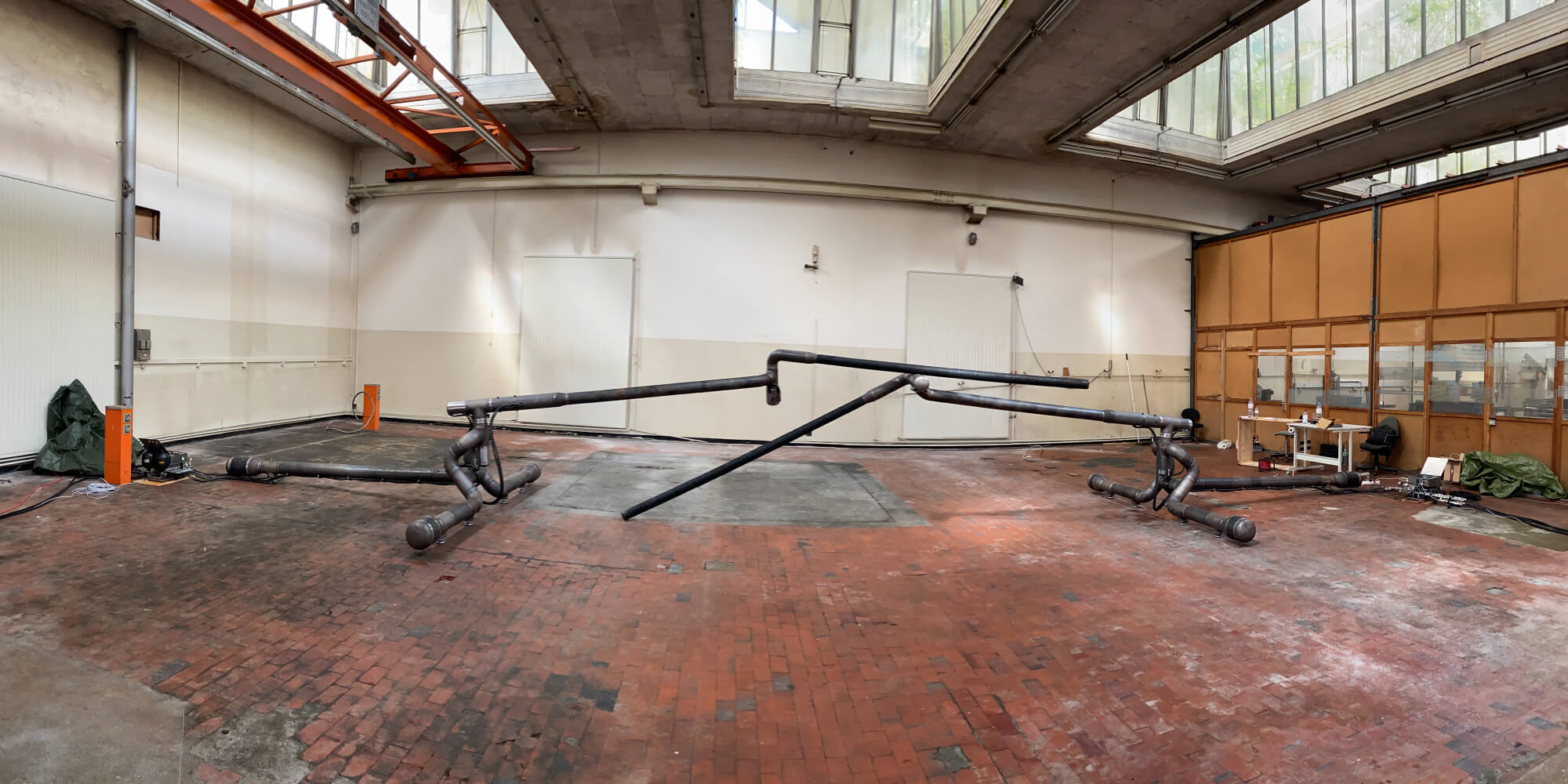
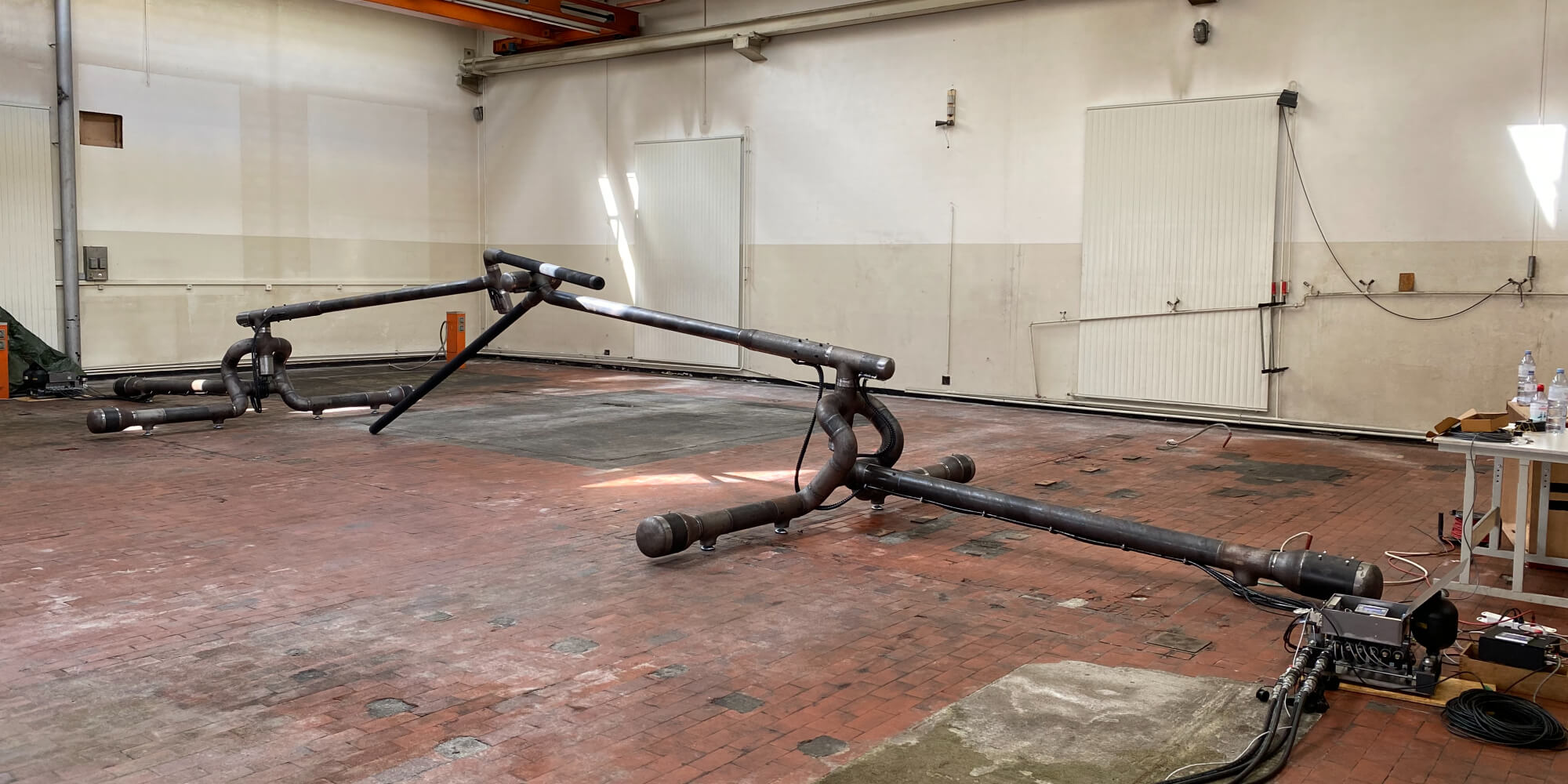
Read more about the highlights of the 2023 Ars Electronica Festival here. Details will be published continuously on the blog and on the official festival website.
